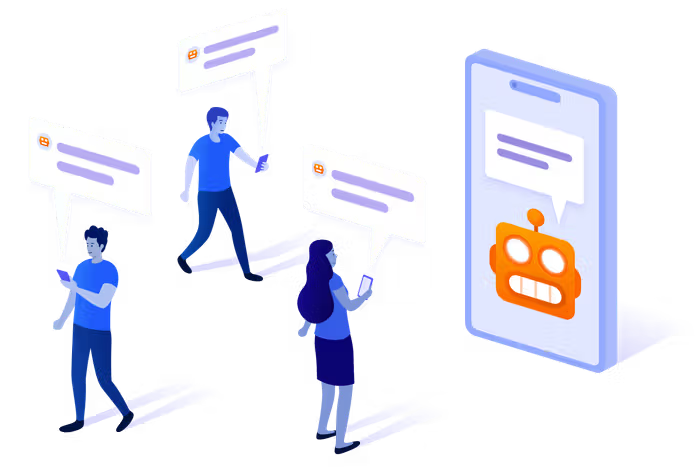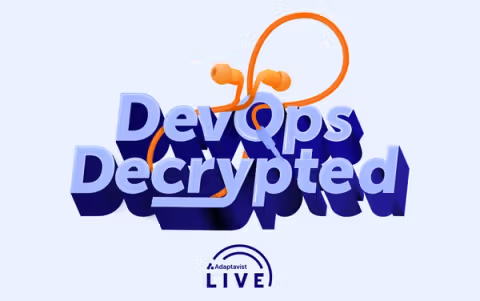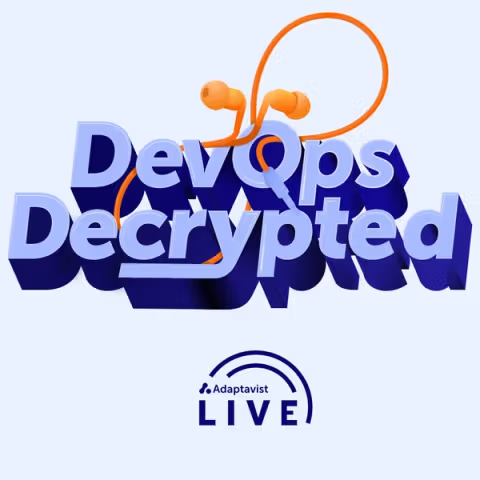Podcasts
Join Adaptavist experts, our ecosystem partners, and industry thought leaders discussing the topics and trends that matter to you.


DevOps Decrypted: Ep.31 - The State of Resilience in 2025? Are you ready for another outage?
We start the year with the State of Resilience 2025 report and discuss cybersecurity, the 2024 CrowdStrike event, and digital resilience.

DevOps Decrypted: Ep.30 - Key takeaways from the CrowdStrike downtime
Jon and Jobin discuss the summer 2024 CrowdStrike outage on DevOps Decrypted, reviewing a survey of 400 affected organisations and their actions for future crises.

DevOps Decrypted: Ep.29 - Modernising legacy systems: A deep dive into BetaNXT's journey
Join our Adaptavist panel and Frank Merla from BetaNXT to discuss transitioning to a scalable platform, focusing on people, champions, AI, and security.

DevOps Decrypted: Ep.28 - Have we completed DevOps? Did we defeat the final boss?
In DevOps Decrypted episode 28, Rasmus feels down. Jon and Matt join him to discuss DevOps, iPhone evolution, and cloud monopolies. Join us as we tackle our tech troubles and ennui.

Transcript: DevOps Decrypted Ep. 1 - Introducing DevOps Decrypted
The first episode of Adaptavist's new show devoted to all things Development + Operations.

Transcript: DevOps Decrypted Ep. 4 - A New Hope
The hosts discuss if October's infamous Facebook outage could have been prevented with better DevOps.